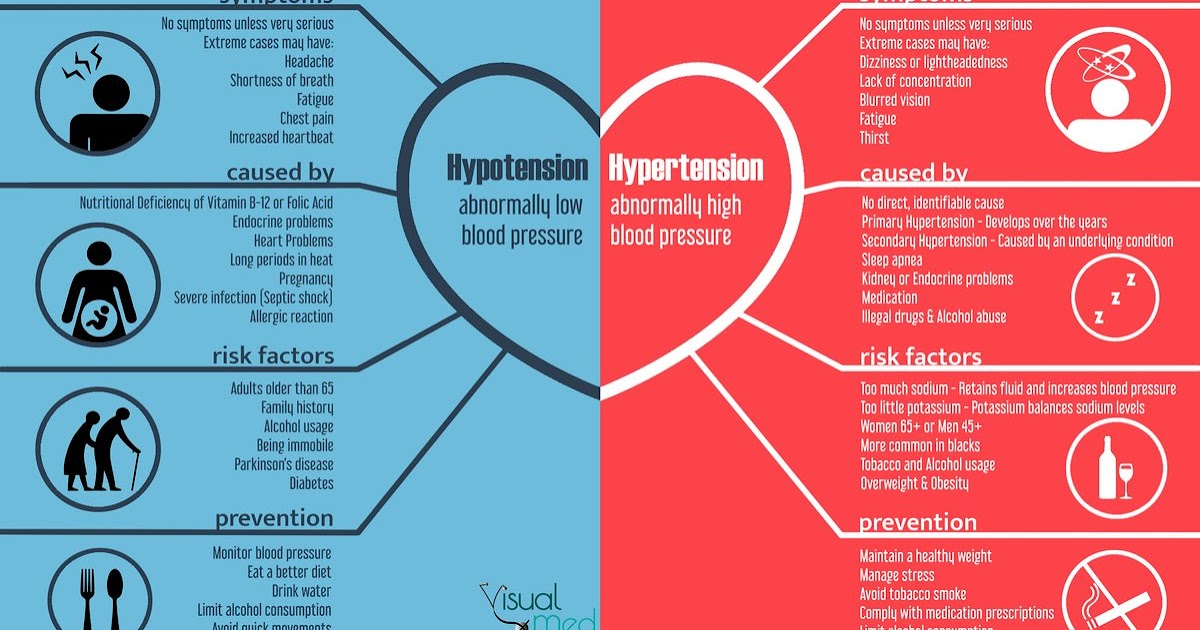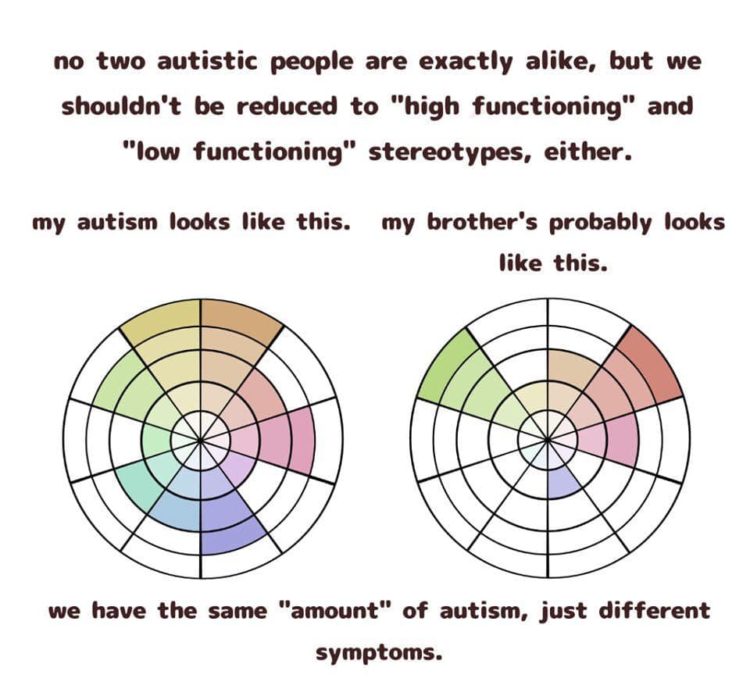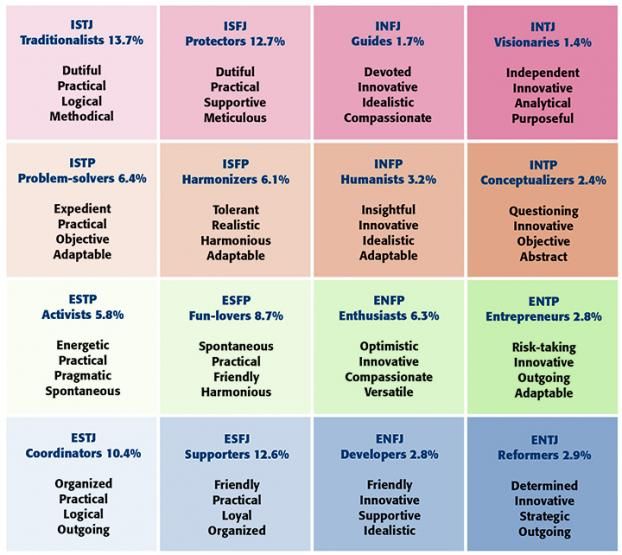Reasons for perfectionism
What Causes Perfectionism?
The root of perfectionism is believing your self-worth is based onyour achievements
Perfectionism is often present when somecombination of these factors exist:
- Rigid, high parental expectations
- Highly critical, shaming, or abusive parents
- Excessive praise for your achievements
- Low self-esteem or feeling inadequate
- Believing your self-worth is determined by your achievements
- Black-and-white thinking
- Efforts to feel in control
- Cultural expectations
Many perfectionists grew up with unrealistic expectations from parents, caretakers and/or themselves.
Perfectionism is encouraged in some families. Sometimes parents knowingly or unknowingly establish perfection as the standard. These parents require straight As in school or flawless piano recitals.Mistakes are also harshly punished in these families. The punishment may be severe, even abusive. This can include name-calling, yelling, shaming, the silent treatment, and physical punishment.
It is conveyed to the child,in words or actions,that mistakes will not be tolerated.
Young children have a strong desire to please adults, even abusive adults. Children dont have the thinking skills or life experience to understand that sometimes adults are wrong. Children are at the mercy of adults when it comes to building their self-worth. If an adult tells a small child that s/he isa failure, not smart enough, too fat, or not talented, the child will internalize this message. The child will believe this is true and then continue to find evidence to support this point of view.
Perfectionism can also be learned by children growing up around highly successful, perfectionist parents who model this way of thinking and acting. Perfectionism is encouraged when children arepraised excessively for their achievements rather than their efforts or progress.
Perfection becomes a way to gain acceptance, love, and praise
Being perfect can also be a defense against a chaotic, unpredictable or unsafe home.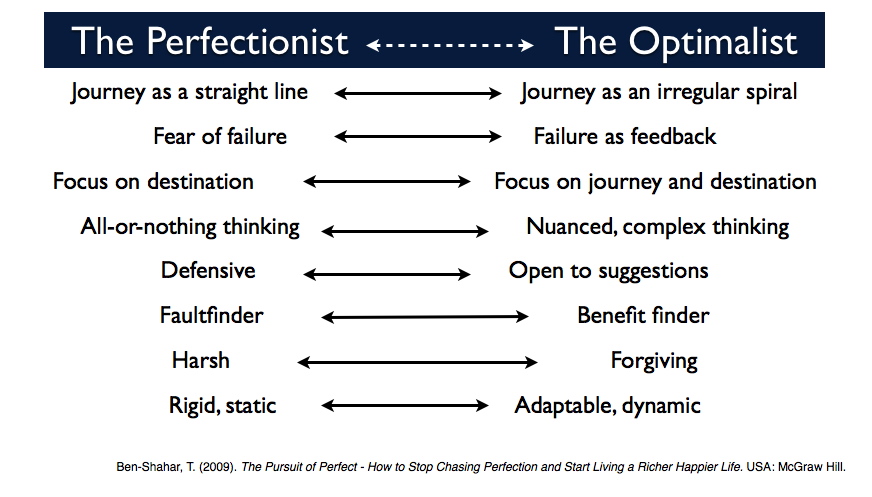 Having impeccable grades or a restrictive diet may create a sense of control and predictability.
Having impeccable grades or a restrictive diet may create a sense of control and predictability.
Culture and the media also have a strong influence on perfectionism. Most American media outlets still feature tall, very slim, Caucasian models. Children grow up with this unattainable vision of beauty. We are saturated with this message, making it easy to believe that if we dont look like those models, we are not pretty enough or goodenough.
Some cultures and institutions such asschools promote a perfectionist mindset. In these situations, it’s not just a family or parent, but a larger system that is teaching and reinforcing that there is an exacting standard of worthiness and anything less is a failure or sign of inherent unworthiness.
For others, perfectionism is self-imposed. Even if your parents didnt expect perfection, you may have set this standard for yourself.
If no one explicitly accepted you just as you are, you may turn to achievement as a measure of self-worth. I want you to untangle this connection. Your achievement is not who you are. Successis not a measure of your worth. You are perfectly flawed and perfectly wonderful all at the same time.
I want you to untangle this connection. Your achievement is not who you are. Successis not a measure of your worth. You are perfectly flawed and perfectly wonderful all at the same time.
I invite you to continue reading the Happily Imperfect Blog to learn more. And your suggestions for articletopics related to perfectionism are always welcome in the comments.
******
Join me on Facebook. More articles. More inspiration. More happiness!
Images courtesy of FreeDigitalPhotos.net
Perfectionism | Psychology Today
Reviewed by Psychology Today Staff
Perfectionism is a trait that makes life an endless report card on accomplishments or looks. When healthy, it can be self-motivating and drive you to overcome adversity and achieve success. When unhealthy, it can be a fast and enduring track to unhappiness.
What makes extreme perfectionism so toxic is that while those in its grip desire success, they are most focused on avoiding failure, resulting in a negative orientation. They don’t believe in unconditional love, expecting others’ affection and approval to be dependent on a flawless performance.
They don’t believe in unconditional love, expecting others’ affection and approval to be dependent on a flawless performance.
Contents
- What Causes Perfectionism?
- The Dangers of Being Perfectionistic
What Causes Perfectionism?
Perfectionism is driven primarily by internal pressures, such as the desire to avoid failure or harsh judgment. There is likely a social component as well, because perfectionistic tendencies have increased substantially among young people over the past 30 years, regardless of gender or culture. Greater academic and professional competition is thought to play a role, along with the pervasive presence of social media and the harmful social comparisons it elicits.
What are the signs that someone is a perfectionist?
Perfectionists set unrealistically high expectations for themselves and others. They are quick to find fault and overly critical of mistakes. They tend to procrastinate a project out of their fear of failure. They shrug off compliments and forget to celebrate their success. Instead, they look to specific people in their life for approval and validation.
They are quick to find fault and overly critical of mistakes. They tend to procrastinate a project out of their fear of failure. They shrug off compliments and forget to celebrate their success. Instead, they look to specific people in their life for approval and validation.
What are the different kinds of perfectionism?
Perfection manifests itself in three domains. Self-oriented perfectionism is imposing an unrealistic desire to be perfect on oneself. Other-oriented perfectionism means imposing unrealistic standards of perfection on others. Socially-prescribed perfectionism involves perceiving unrealistic expectations of perfection from others.
Is perfectionism a mental illness?
Perfectionism is a personality trait that can be harmful when taken to extremes. While not considered a mental illness itself, it is a common factor in many mental disorders, particularly those based on compulsive thoughts and behaviors, like obsessive-compulsive disorder (OCD) and obsessive-compulsive personality disorder (OCPD).
The Dangers of Being Perfectionistic
Perfection, of course, is an abstraction, an impossibility in reality. When taken too far, the striving for perfection can lead to negative outcomes, like procrastination, a tendency to avoid challenges, rigid all-or-nothing thinking, toxic comparisons, and a lack of creativity. Maladaptive perfectionism is often driven by fear of failure, feelings of unworthiness, low self-esteem, and adverse childhood experiences. It is frequently accompanied by depression, anxiety, obsessive-compulsive disorder, eating disorders, and even suicidal impulses.
Is perfectionism ever good for you?
There is a difference between striving for excellence and demanding perfection. Adaptive or positive perfectionists set lofty goals, have high standards, and work relentlessly hard for their success; they are achievement-oriented, whereas maladaptive perfectionists are failure-oriented. Adaptive perfectionists desire growth, enjoy being challenged, and problem-solve well. Their perfectionistic tendencies are a strength, not a weakness.
Adaptive perfectionists desire growth, enjoy being challenged, and problem-solve well. Their perfectionistic tendencies are a strength, not a weakness.
How can you overcome perfectionism?
Letting go of the comparison mindset can help people achieve at a high level, without being beholden to some impossibly perfect ideal. They can do this by practicing mindfulness and being present in the moment, using compassionate self-talk, and challenging negative self-judgments. The key is to realize that an endeavor can be worthwhile even if it’s not perfect.
What is the difference between perfectionism and OCD?
The terms “perfectionist” and “OCD” are often used interchangeably, but they are not the same. Perfectionism is a personality trait characterized by high expectations and standards, while obsessive-compulsive disorder (OCD) is a psychiatric condition where a person experiences intrusive thoughts and/or repetitive behaviors they are unable to control. Perfectionistic tendencies may or may not be a symptom of OCD.
Perfectionistic tendencies may or may not be a symptom of OCD.
Essential Reads
Recent Posts
causes, symptoms, diagnosis and treatment
Perfectionism is a personality trait characterized by the desire to improve and achieve the ideal. It is manifested by excessive demands on oneself and others, scrupulousness, frequent dissatisfaction with the result of actions. Perfectionists are prone to depression, anxiety, and feelings of loneliness. Diagnosis is performed using a clinical conversation, functional tests, personality questionnaires. The main treatment for neurotic perfectionism is cognitive-behavioral psychotherapy. nine0005
General information
The term "perfectionism" comes from the Latin language, the translation means "the desire for impeccability, perfection." This concept arose in the 19th century among Protestants, and was later developed by the philosophers I.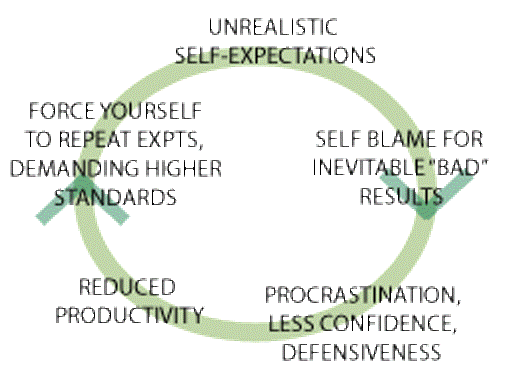 Kant, G. Leibniz, F. Nietzsche. In psychiatry and psychology, the problem of perfectionism was first raised by K. Horney at the beginning of the 20th century. This phenomenon is most common among teenagers and young people. At school and student age, the tendency to follow social standards prevails among girls. nine0005
Kant, G. Leibniz, F. Nietzsche. In psychiatry and psychology, the problem of perfectionism was first raised by K. Horney at the beginning of the 20th century. This phenomenon is most common among teenagers and young people. At school and student age, the tendency to follow social standards prevails among girls. nine0005
Perfectionism
Causes of perfectionism
Dysfunctional personal attitudes are formed under the influence of the family, so it is fair to assume that perfectionism is the result of parental influence. According to psychologists' research, violations of parent-child relationships, strict rules, parents' orientation towards success and achievement to the detriment of desires and freedom play the greatest role. As causes of adult and child perfectionism are considered:
- Exaggerated demands of parents. Neurotic desire to be perfect and dissatisfaction with oneself are formed as a result of frequent criticism, lack of support and love from parents.
 Perfectionism arises as a result of inflated expectations and demands on the child.
Perfectionism arises as a result of inflated expectations and demands on the child. - Maternal perfectionism. The formation of this character trait occurs both through imitation and as a result of the parent's excessive demands on all family members. The severity of perfectionism in daughters directly correlates with the same indicator in mothers. In sons, there is also a correlation, but less unambiguous. nine0020
- Family dysfunctions. Perfectionist parents put a lot of pressure on them, instill tactics to avoid failure. When a child makes mistakes, does not achieve success, dissatisfaction is expressed to him in every possible way, rejection is demonstrated. This continues until success is achieved. Perfectionism becomes the only way to get parental love.
Pathogenesis
Data from longitudinal studies suggest that parental rejection and authoritarian control in childhood are the basis for high levels of self-criticism in adolescents, as well as for depressive disorders in late adolescence and adolescence. Thus, the basic characteristics of perfectionism are laid as a result of a destructive parenting style. nine0005
Thus, the basic characteristics of perfectionism are laid as a result of a destructive parenting style. nine0005
Neurotic perfectionism is formed from the experience of interacting with parents who do not show approval. Their love is conditional, directly dependent on the achievements of the child. Growing up, such a person strives to become perfect in order to accept himself (achievements and superhuman efforts make it possible to form the image of "I"). Then comes the idea that only the perfect performance of an activity makes it valuable to others.
Classification
There are two types of perfectionist models in psychology. The one-dimensional model is considered obsolete. She views perfectionism as a human desire to set excessively high standards. Multidimensional models are widespread in the modern scientific environment. Thus, the Canadian model includes three types of perfectionism, each of which is more or less expressed in the personality structure:
- I am addressed.
 Expressed in high demands on oneself, constant self-evaluation, censoring one's speech and behavior. The key motive is personal striving, craving for excellence.
Expressed in high demands on oneself, constant self-evaluation, censoring one's speech and behavior. The key motive is personal striving, craving for excellence. - Socially prescribed. Represents the need to meet the expectations of others, to receive their approval and praise. This perfectionism is close to the excellent student syndrome.
- Addressed to other people. nine0004 Represented by beliefs, expectations about others. Manifested by unrealistic standards for significant people, demanding perfection from them, constantly evaluating their success.
- Addressed to the whole world. Characterized by the conviction that everything that happens in the world must be correct, accurate, accurate. Faith in the timely solution of human problems, the victory of justice.
Symptoms of perfectionism
Classification according to the severity of symptoms is convenient for describing clinical manifestations, selecting methods of treatment and making a prognosis. According to her, perfectionism is divided into normal and neurotic. The first is a psychological phenomenon that allows one to successfully adapt to the social environment, and the second is a manifestation of a neurotic disorder. nine0005
According to her, perfectionism is divided into normal and neurotic. The first is a psychological phenomenon that allows one to successfully adapt to the social environment, and the second is a manifestation of a neurotic disorder. nine0005
Perfectionism within the norm is characterized by the ability to distribute efforts between important matters and areas that do not require effort. Such people set realistic and reasonable goals, enjoy the process of activity, and are satisfied with the results of their work. They are emotionally involved in activities, often achieving excellent results. They adapt to the situation, they can show some abstraction and inaccuracy, relaxing, doing unimportant things.
Neurotic variant of perfectionism is a symptom of anxiety disorder, depression, psychosomatic disorder, sexual dysfunction. It is manifested by the need to avoid failure, the inability to receive satisfaction from the activity and its result. The patient is vulnerable, suffers from a sense of inferiority, exhausts himself, making maximum efforts to complete tasks. He is constantly waiting for approval. Mistakes cause a lot of distress. nine0005
He is constantly waiting for approval. Mistakes cause a lot of distress. nine0005
Neurotic perfectionists are in a state of mental stress before, during and after performing an activity. To achieve perfection, they use compensatory behavioral strategies. One of them is a thorough rechecking of the results, long reflections before making a decision. The other is persistent avoidance of situations that require effort. The patient refuses to start a business, as he is sure that he will not achieve an ideal result. This strategy is called activity paralysis. nine0005
Complications
The constant striving to do everything perfectly leads to loneliness, the inability to relax and have fun, and the development of nervous disorders. Perfectionists try to perfect even small things, which leads to a lack of time for rest. It is difficult for them to relax, immediacy, fun. They rarely find friends who meet their high standards.
The most common consequences of long-term perfectionism are chronic emotional discomfort, low productivity, depression.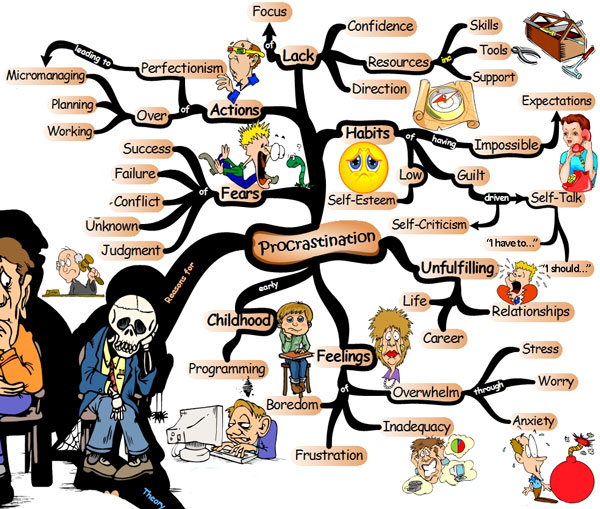 Stress and chronic exhaustion lead to a deterioration in somatic health: headaches appear, chronic diseases become aggravated. With pronounced socially attributed perfectionism, the risk of developing depression, anxiety, and suicidal intentions increases. nine0005
Stress and chronic exhaustion lead to a deterioration in somatic health: headaches appear, chronic diseases become aggravated. With pronounced socially attributed perfectionism, the risk of developing depression, anxiety, and suicidal intentions increases. nine0005
Diagnosis
The reason for visiting a psychiatrist or psychotherapist is neurotic perfectionism. Most often, people begin to pay attention to it when fatigue accumulates, dissatisfaction with themselves and irritability increase, and signs of a depressive disorder appear. Diagnostics includes three groups of methods:
- Conversation. The doctor asks about disturbing symptoms, determines how they are related to perfectionism, how they affect daily adaptation. Usually patients are critical: they understand that their desire to do everything without mistakes, ideally, is the cause of tension, bad mood, and fatigue. nine0020
- Questionnaires . To examine adult patients, a multidimensional perfectionism scale (Multidimensional Perfectionism Scale, MPS-F), a scale of dysfunctional attitudes (Dysfunctional Attitude Scale, DAS) is used.
 There is also a scale of child and adolescent perfectionism (CAPS), a questionnaire for adaptive / non-adaptive perfectionism of children (AMPS).
There is also a scale of child and adolescent perfectionism (CAPS), a questionnaire for adaptive / non-adaptive perfectionism of children (AMPS). - Functional tests. Perfectionism is revealed by the method of trials, the instructions of which say: "do the task as well as you can." As a stimulus material, the test "Simple analogies", "Classification" can be taken. When performing, there are signs of emotional stress, high concentration. Often patients double-check the results, clarify the instructions, ask for extra time, even if the task has already been completed. nine0020
Treatment of perfectionism
Patients are indicated for psychotherapy aimed at changing cognitive attitudes and behavioral patterns. If there is a request and the patient is ready for long-term treatment, methods can be used that help to understand the origins of perfectionism and eliminate them. If the doctor diagnosed obsessive-compulsive disorder or depression, then drug treatment of these diseases is carried out in parallel. The most commonly used types of psychotherapy:
The most commonly used types of psychotherapy:
- Cognitive. The goals of this direction of therapy are to change the patient's idea of himself, to eliminate perfectionistic automatic thoughts, to realize the perniciousness of inflated standards. Techniques of rational reasoning, situation analysis, and persuasion are used. The patient begins to keep a diary in which he notes destructive thoughts, evaluates their impact on his life, and describes compromise solutions to problems.
- Behavioral. Behavioral therapy is aimed at correcting perfectionist habits, behavioral patterns. The ability to assess the situation as a whole, and not in detail, is being trained, strategies for coping with stress are being mastered. To change behavior, the patient is encouraged to gradually give up achieving excellence in household chores (for example, do not double-check work, do not clean the house for 2-3 days). nine0020
- Psychodynamic. Psychoanalytic techniques are used to determine the true premises of perfectionism.
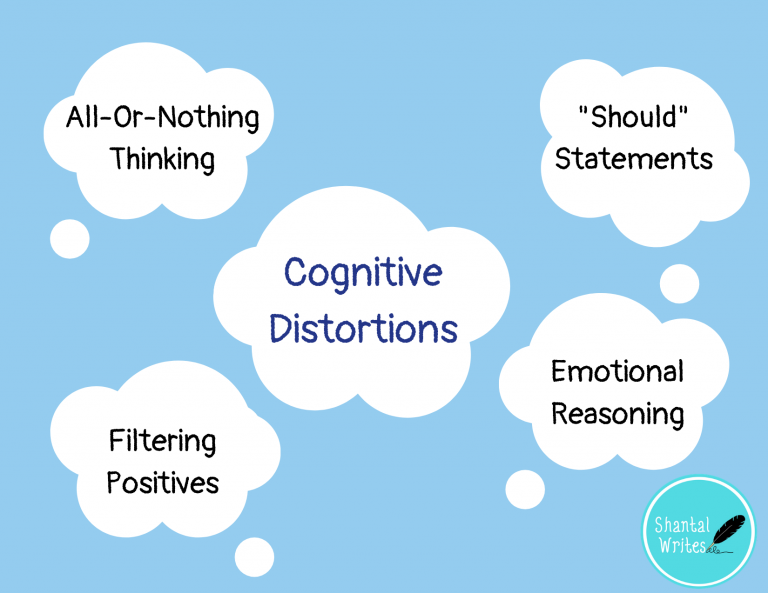 The method of free association helps to understand the problems in relations with the father and mother, to understand the relationship of upbringing with the existing personal qualities. Psychoanalytic therapy allows you to assess problems from childhood, effectively resolve them (stop identifying yourself with your mother, get rid of the need for approval).
The method of free association helps to understand the problems in relations with the father and mother, to understand the relationship of upbringing with the existing personal qualities. Psychoanalytic therapy allows you to assess problems from childhood, effectively resolve them (stop identifying yourself with your mother, get rid of the need for approval).
Prognosis and prevention
Perfectionism lends itself well to psychotherapeutic treatment: the neurotic form is transformed into an adaptive one that contributes to the patient's personal development. The exception is cases with obsessive-compulsive disorder, anxiety neurosis, depression. With these disorders, perfectionistic traits become a persistent symptom, reflecting a state of maladaptation.
Primary prevention lies in the correct upbringing of the child. Parents should give up excessive demands, do not compare the achievements of the child with the successes of other children, show love and care, regardless of the results of his actions.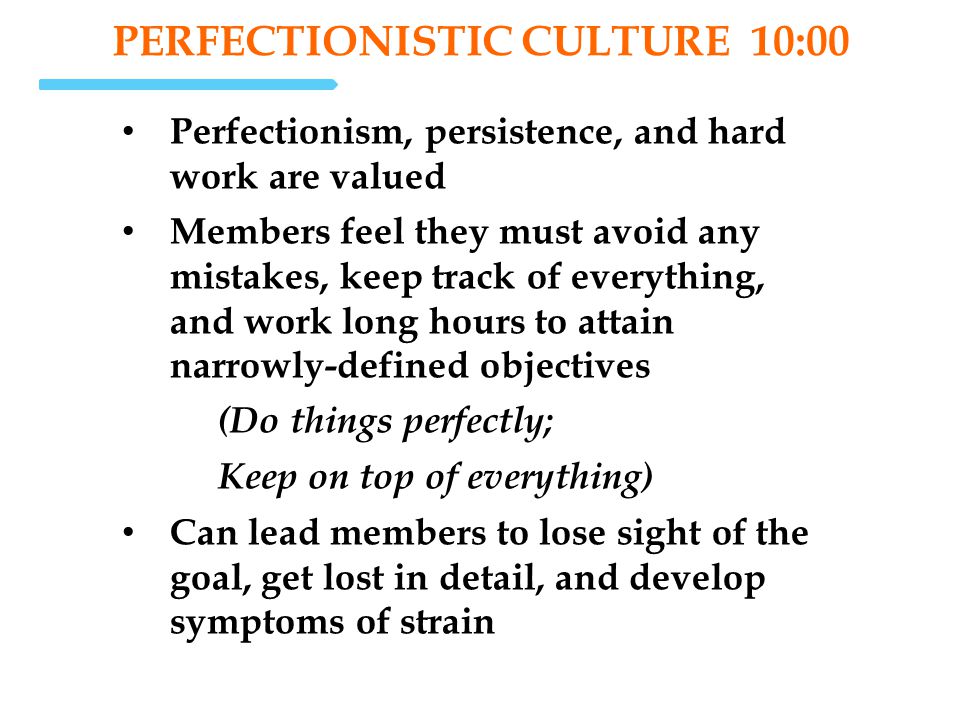 Psychologists recommend that adults with a penchant for perfectionism learn to prioritize, alternate stress and rest, and appreciate their own uniqueness. nine0005
Psychologists recommend that adults with a penchant for perfectionism learn to prioritize, alternate stress and rest, and appreciate their own uniqueness. nine0005
Perfectionism: causes and types of disorders
Perfectionism in psychology is understood as the striving for perfection, which should normally be present in any person. However, this trait can take the form of accentuation and seriously affect the quality of life of its owner. Sometimes pathological perfectionism causes mental disorders , in particular, workaholism or anorexia. In recent years, this problem has become more and more common, as society places unreasonably high demands on people. But this disorder may have other causes. nine0005
Causes of perfectionism
Modern scientists believe that perfectionism is generated by a distortion of the self-concept . Against this background, the need for perfection becomes neurotic and negatively affects people's self-esteem, their attitude towards others and their ability to enjoy life. The prerequisites for perfectionism are formed as early as preschool and primary school age under the influence of family education.
The prerequisites for perfectionism are formed as early as preschool and primary school age under the influence of family education.
Children whose parents are:
- little and inconsistent praise;
- too much is expected of them and often criticized for mistakes;
- are themselves perfectionists and do not work with an individual psychologist to correct their behavior.
First-born or older children in the family are more likely to suffer from perfectionism. The child's insecurity in parental love can lead to him, when he tries to do everything perfectly in order to earn attention and approval . Such people grow up notorious and anxious. They do not appreciate their own achievements and constantly try to rise in their eyes in order to begin to love and respect themselves. But even the biggest victories do not allow them to achieve this goal. nine0005
Types of perfectionism
There are three types of perfectionism:
- Person-oriented .
 Such people are very demanding of themselves. Their motivation is predominantly internal. They set themselves unrealistic goals and constantly criticize and blame themselves for failures. Many of them need the help of a psychologist for depression, but they rarely seek it.
Such people are very demanding of themselves. Their motivation is predominantly internal. They set themselves unrealistic goals and constantly criticize and blame themselves for failures. Many of them need the help of a psychologist for depression, but they rarely seek it. - Externally oriented . These individuals can forgive themselves for imperfection, but are extremely demanding of others. They often create ideal images in their minds and want others to live up to their high standards. nine0020
- Socially registered . A person is sure that the environment expects outstanding success from him, and failures will immediately deprive him of public recognition. And in fact, such expectations may not be, but the perfectionist tries his best to meet the fictitious requirements.
A person suffering from perfectionism, is focused on the shortcomings of his personality and strives for self-improvement out of fear of failure , and not for the sake of the need to realize his abilities.

